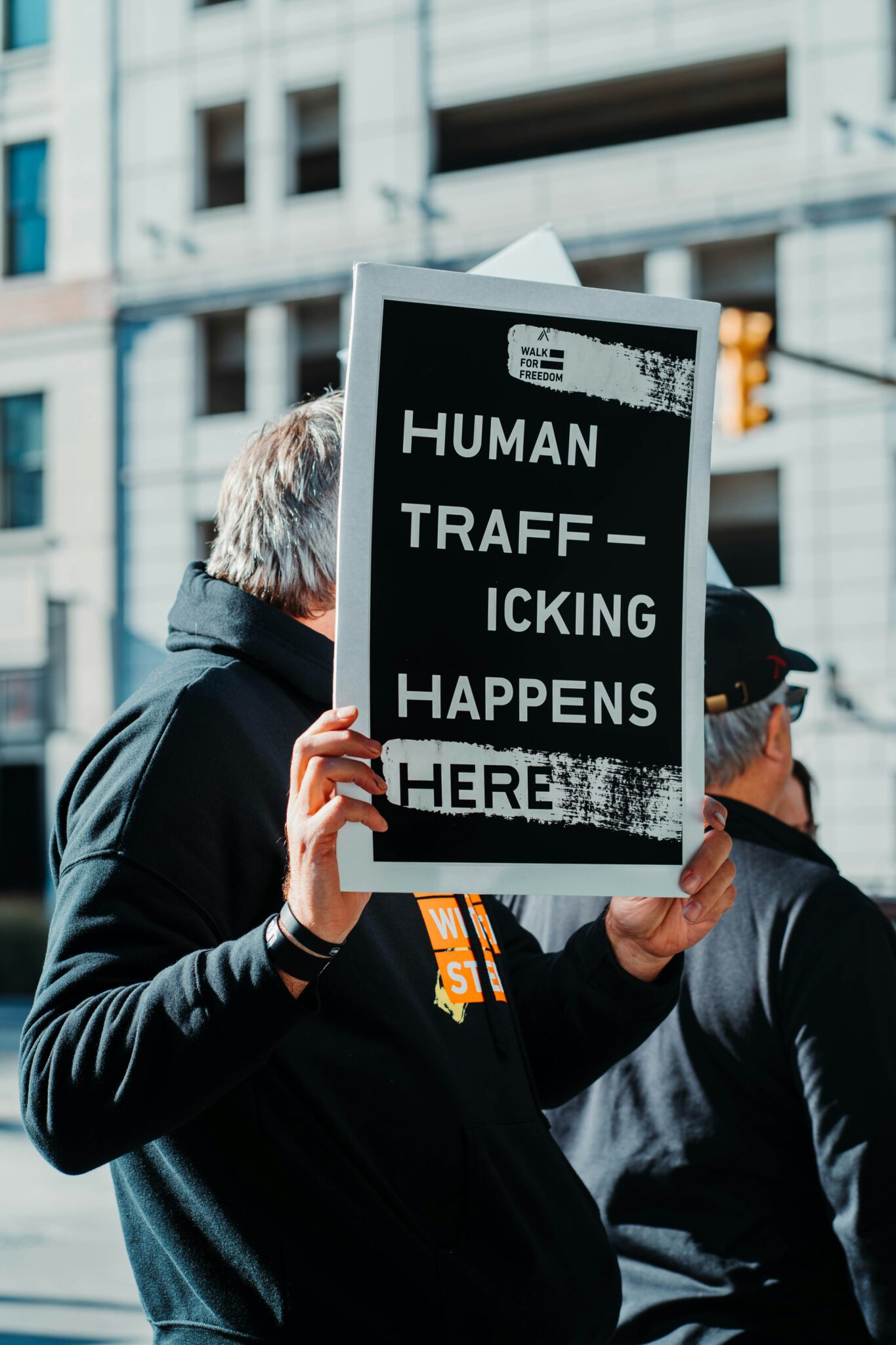Linh is a student at Harvard Law School.
In today’s labor news, the House passed law to address increased human trafficking, Starbucks was ordered to reinstate employees illegally fired for organizing, and the Ninth Circuit prepares to hear challenge to Biden’s $15 minimum wage for federal contractors.
On Tuesday, the U.S. House of Representatives unanimously passed the Enhancing Detection of Human Trafficking Act (H.R. 443) to aid the Department of Labor (DOL) in identifying labor and sexual exploitation during workplace inspections. The bill mandates training for DOL inspectors to recognize human trafficking and requires reporting cases to the Justice Department annually. Human trafficking incidents in the US have increased significantly, according to a 2023 Bureau of Justice Statistics report, coinciding with a rise in child labor violations. Despite bipartisan support for the bill, discussions continue on the necessity of broader changes to address illegal child labor.
Also on Tuesday, Starbucks was directed to reinstate 12 workers in New York and Colorado by two NLRB judges, who found the company unlawfully terminated them due to their involvement with the union. Administrative Law Judges Robert Ringler and Mara-Louise Anzalone separately ruled on labor violations, detailing instances of unlawful conduct including threats, unfair firings, and interference with union activities. Despite this, some terminations, such as that of a New York employee wearing a suicide awareness pin, were not deemed illegal by Ringler. These decisions reflect an ongoing trend of NLRB judges ruling against Starbucks, citing numerous labor law violations, including the unjust firing of over 50 union organizers and interference with board investigations.
Finally, a coalition of Republican-led states has petitioned the Ninth Circuit in San Francisco to invalidate the Biden administration’s $15 minimum wage mandate for federal contractors. The three-judge panel heard arguments in one of three separate cases contesting the legality of the wage increase, which was instituted in January 2022 through an executive order and subsequent rule by the Department of Labor. The states argue that the wage requirement exceeds the President’s authority under the Procurement Act and violates the Administrative Procedure Act and the major questions doctrine. The administration contends that the President has broad discretion under the Procurement Act to implement policies promoting “economy and efficiency.” Federal courts have reached conflicting decisions on the issue, including the Fifth and Tenth Circuits. The Ninth Circuit has yet to issue a decision on the matter.






Daily News & Commentary
Start your day with our roundup of the latest labor developments. See all
February 19
Union membership increases slightly; Washington farmworker bill fails to make it out of committee; and unions in Argentina are on strike protesting President Milei’s labor reform bill.
February 18
A ruling against forced labor in CO prisons; business coalition lacks standing to challenge captive audience ban; labor unions to participate in rent strike in MN
February 17
San Francisco teachers’ strike ends; EEOC releases new guidance on telework; NFL must litigate discrimination and retaliation claims.
February 16
BLS releases jobs data; ILO hosts conference on child labor.
February 15
The Office of Personnel Management directs federal agencies to terminate their collective bargaining agreements, and Indian farmworkers engage in a one-day strike to protest a trade deal with the United States.
February 13
Sex workers in Nevada fight to become the nation’s first to unionize; industry groups push NLRB to establish a more business-friendly test for independent contractor status; and UFCW launches an anti-AI price setting in grocery store campaign.